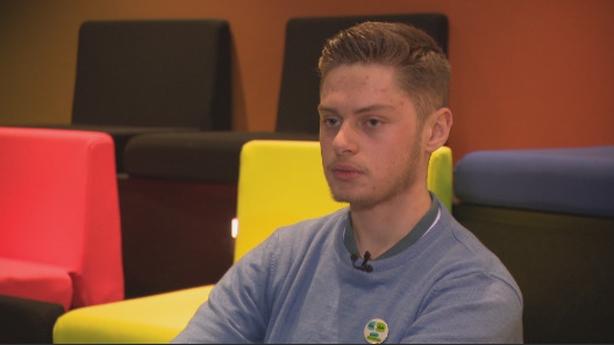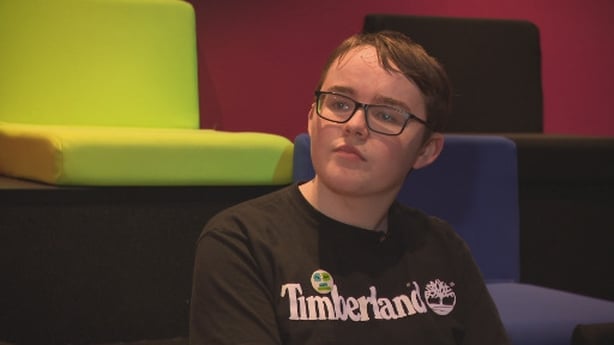A new survey has found that 90% of autistic people do not believe they have the same chance as non-autistic people in Irish society.
The finding was contained in the annual Same Chance Report published today by the national autism charity, AsIAm.
It was released to coincide with World Autism Day and the start of World Autism Awareness Month.
The report documents the experience of over 1,700 autistic people, parents, family members and carers and the perceptions of 1,000 members of the public.
The Autism in Ireland survey covered a range of topics including education, healthcare, housing, life in the community, safety and the cost of living.
It found that one-in-four parents of autistic children said they do not have a school place that meets their needs.
While almost a third of the parents surveyed said their child is on a reduced school timetable without their consent.
Just over half (51%) of autistic people do not believe the education system is inclusive.
Seven-in-ten do not believe the healthcare system is inclusive, while 36% believe they have experienced discrimination in the past 12 months.
86 of the respondents said autism is a barrier to being accepted by, and forming friendships with others, while 38% said they felt lonely, either all of the time or some of the time.
Special Needs Assistants 'overworked, understaffed'
Max Duma said he believes there are not enough schools or Special Needs Assistants (SNAs), who he said are "overworked and understaffed".
He said: "A lot of autistic children don't have a place in schools, whether that be special schools or mainstream education.
"The biggest problem with that is those kids don't have a right to education, sufficient education, by the way."

Max said such situations force a lot of parents to "give up their work to be able to educate their autistic child at home because they don't have a place anywhere within the locality".
He also said scenarios where autistic children have to travel long distances to access school places is "very unacceptable".
"I believe that there isn't enough schools and facilities to facilitate those who are autistic because you have a lot of kids who unfortunately don't get the place in those schools.
"And when it comes to SNAs, not all autistic pupils in schools, whether that be primary or secondary, they don't have an allocated SNA and that's very bad," he said.
Services should be 'as simple as it can get'
Xylan Lennon said he does not believe autistic people should be forced to fight for their rights, adding that it is an "unnecessary difficulty".
"It's not too hard for myself, since my mam was fighting on my behalf, but for people who don't have parents who advocate as hard as my mam was, they'll have a lot of difficulties with advocating on their own power," he said.
Xylan said he believes services for autistic people should be "as simple as it can get" and that he does not want to see more people being forced "to fight to get recognised to get the services they need".

Robyn Higgins set up a club in her school for autistic students and other neurodivergent people.
She said that she found that students were uncomfortable telling their peers that they are autistic "many of them felt the need to mask in the school environment".
She said: "This is something that that both upsets and frustrates me that students younger than myself would feel the need to hide this part of themselves.
"I feel with the establishment of this club, we can maybe make some, albeit small steps to changing that."
Read more:
'Time running out' to find autistic child special school place, says mother
AsIAm said the survey findings highlighted the contradictions between the public’s aspirations for inclusion in Irish society and the lived experience.
While the majority (80%) of the public believe that life should be inclusive, 57% feel that if someone can’t sit still or stay quiet in the cinema or theatre, they should not go.
48% would feel a bit uncomfortable if they saw an adult pacing or rocking back and forth in a public place.
Nearly 60% of the 1,000 members of the public surveyed reported that they would feel uncomfortable interacting with someone who avoided eye contact.
Members of the AsIAm Youth Leadership Panel held a special meeting with the Ombudsman for Children Niall Muldoon.
They used the special meeting to highlight the challenges autistic young people face in everyday life.







